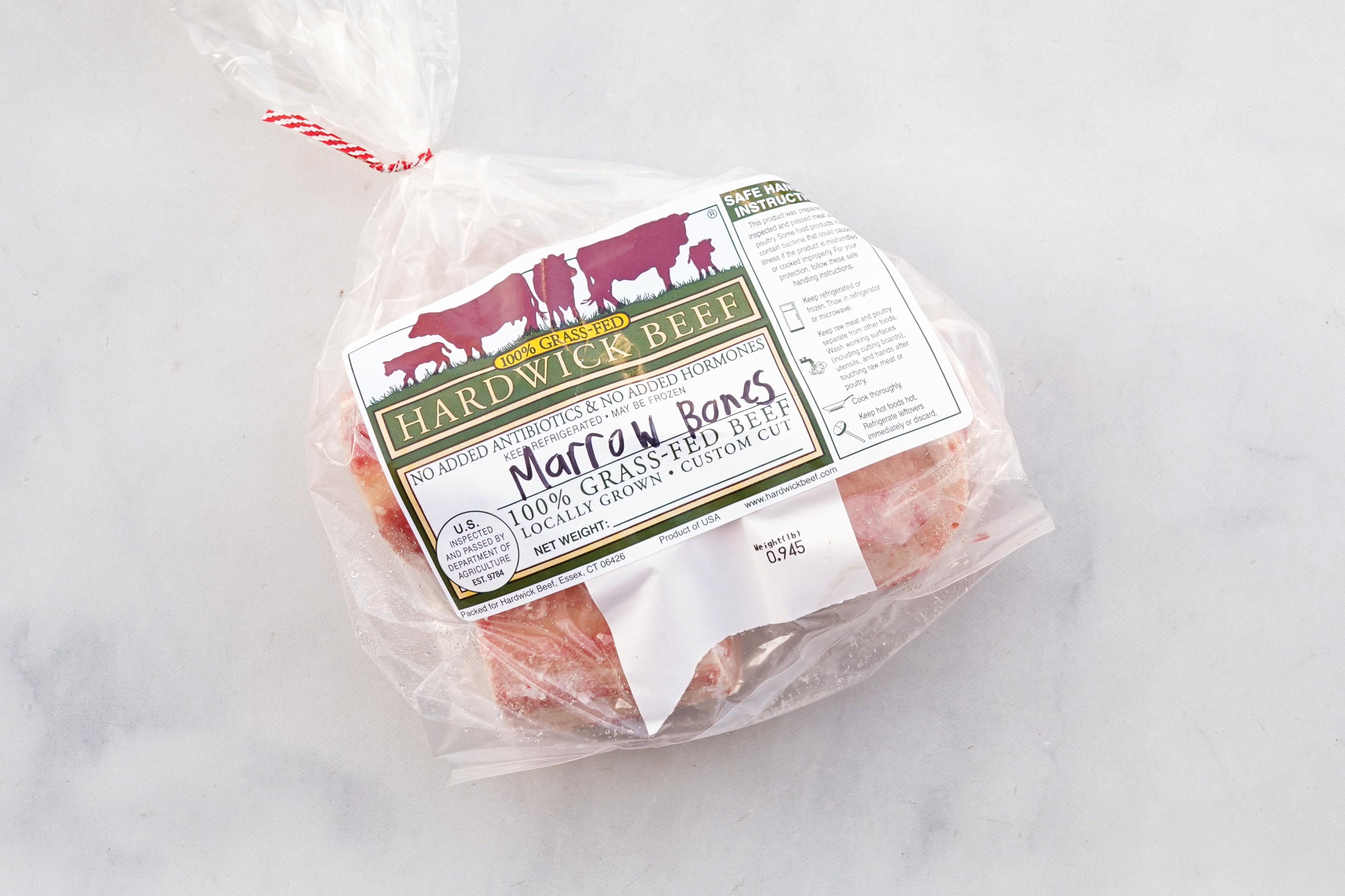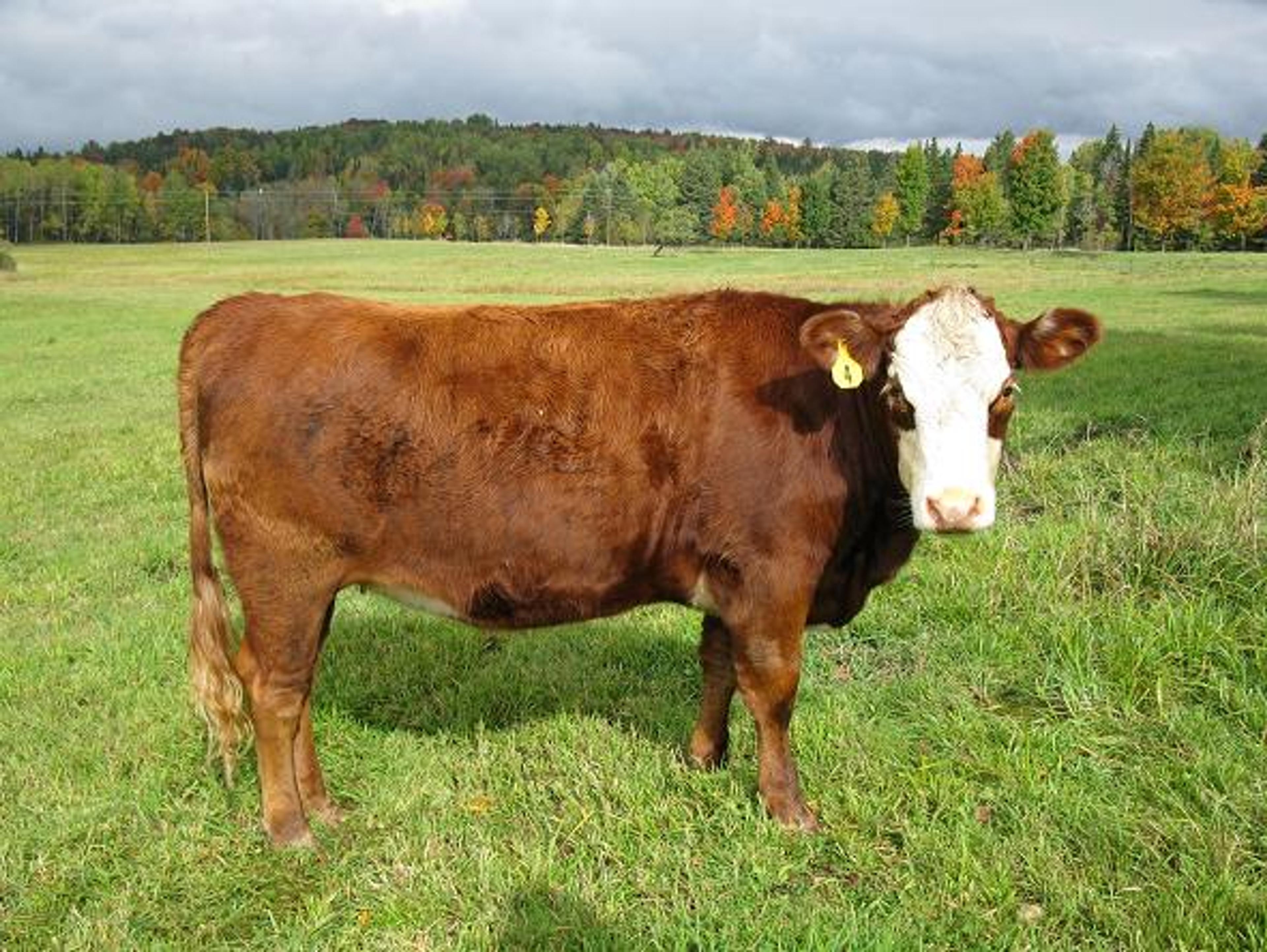Farm to People partners with dedicated 100% Grass-Fed farmers across the Northeast: Hardwick Beef, Bedient Farms, and Autumn’s Harvest Farm.
Hardwick Beef sources premium grass-fed cattle from New York, Pennsylvania, and Vermont. Their animals are raised without antibiotics or added hormones, with full traceability from birth. We source whole animals from Hardwick, honoring every cut—popular or less familiar—which reduces waste and supports sustainability. Every shipment includes farm and breed info, reinforcing Hardwick’s commitment to quality and transparency. Grass-fed beef benefits the environment, improves animal welfare, and offers leaner, healthier meat.
Bedient Farms, owned and operated by Angela Bedient in New York, raises beef on over 200 acres of rotationally grazed pastures. Angela maintains a herd of 80+ Shorthorn, Hereford, and Angus-cross cows, bred for small frames and high performance on a primarily forage-based diet. All cattle are born and raised on the farm, transitioning to hay and minimal corn silage during winter. Bedient beef is labeled “natural”—pasture-raised, hormone- and antibiotic-free—and Farm to People sources from their 100% grass-fed beef offerings. Angela’s deep connection to the land and animals, paired with her commitment to sustainability and personalized customer service, ensures healthy, high-quality beef that supports both the environment and local families.
Autumn’s Harvest Farm, run by Tim and Sarah Haws in the Finger Lakes, produces grass-fed beef, pasture-raised pork, chicken, and eggs. What began with six backyard chicks has grown into a regenerative farmstead rooted in ethical animal care, environmental stewardship, and transparency. Livestock graze freely without hormones, antibiotics, or GMOs, and all meats are hand-cut with care. Originally serving local markets, Autumn’s Harvest now offers online pre-orders and local pickups, with plans to expand delivery across New York State.
Each of these farms shares our mission: to deliver clean, ethical, and traceable food—grown with care for the land, animals, and people.

